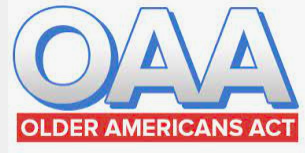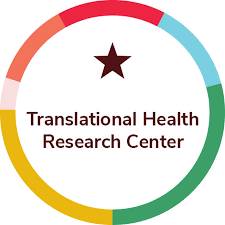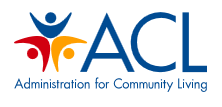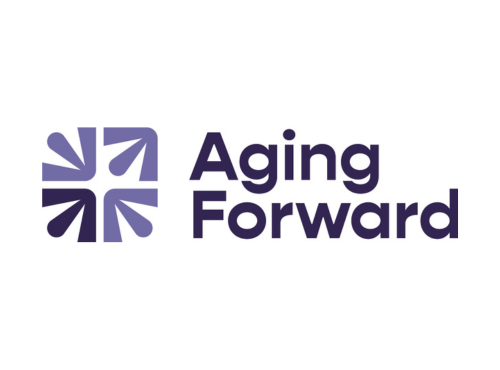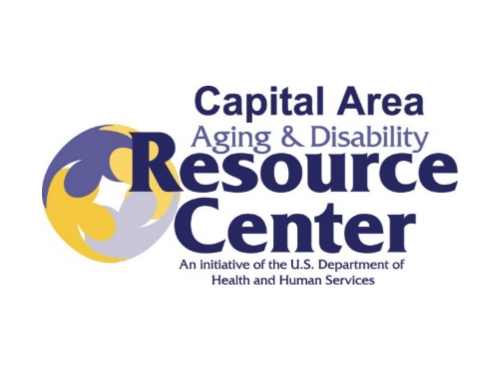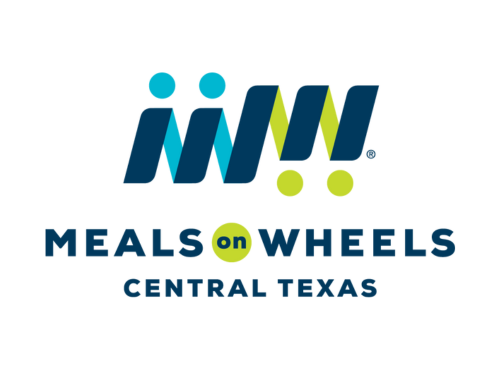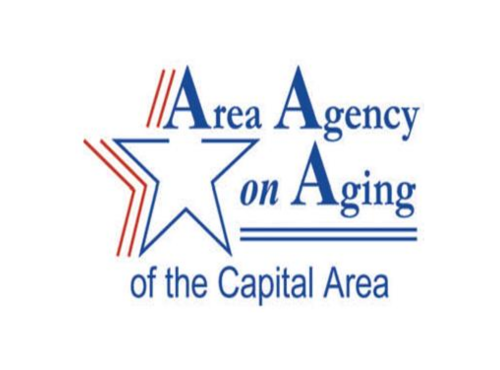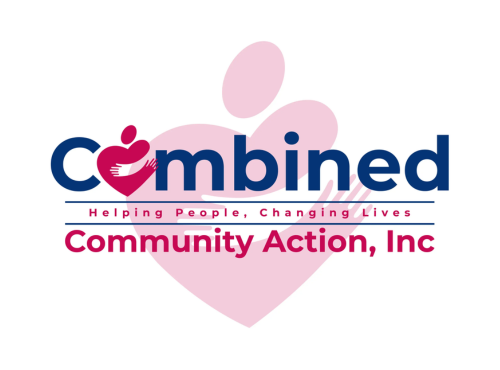More About Our Funders And Collaborators
Older Americans Act
Although older individuals may receive services under many other federal programs, today the OAA is considered to be a major vehicle for the organization and delivery of social and nutrition services to this group and their caregivers. It authorizes a wide array of service programs through a national network of 56 state agencies on aging, 618 area agencies on aging, nearly 20,000 service providers, 281 Tribal organizations, and 1 Native Hawaiian organization representing 400 Tribes. The OAA also includes community service employment for low-income older Americans; training, research, and demonstration activities in the field of aging; and vulnerable elder rights protection activities.
Nutrition and Aging Resource Center
The Nutrition and Aging Resource Center is funded by the Administration for Community Living (ACL). Its purpose is to build the capacity of senior nutrition programs funded by the Older Americans Act (OAA) to provide high-quality, person-centered services and to assist the ACL and stakeholders in identifying current and emerging issues and opportunities that enhance program sustainability and resiliency. The center's website is designed for OAA Title III-C senior nutrition programs. The Nutrition and Aging Resource Center is currently operated by the Iowa Department on Aging via a cooperative agreement with ACL.
Translational Health Research Center
Texas State's Translational Health Research Center supports cutting-edge research teams and partnerships with industry, working together to improve physical, mental, community, and public health. Texas State University’s Translational Health Research Center began as the Translational Health Research Initiative (THRI) in 2016. THRI facilitated innovative new health research and sponsored programs that crossed department and disciplinary boundaries.
Administration for Community Living
The Administration for Community Living was created around the fundamental principle that older adults and people of all ages with disabilities should be able to live where they choose, with the people they choose, and with the ability to participate fully in their communities.
By funding services and supports provided primarily by networks of community-based organizations, and with investments in research, education, and innovation, ACL helps make this principle a reality for millions of Americans.
Why We Are Here
In FY 2022, the Administration for Community Living (ACL) funded a new research project at Texas State University through the Innovations in Nutrition Programs and Services (INNU) Program. This funding created the Nutrition for Underserved Elders Via Application (NUEVA) Project.
ACL “provides grants to states to support nutrition services for adults age 60 and older nationwide” through the Older Americans Act (OAA) Nutrition Services, and specifically through Title III-C. Nutrition services support the health and well-being of older individuals and aim to:
- Reduce hunger, food insecurity and malnutrition of older adults
- Promote socialization of older individuals
- Promote the health and well-being of older people
- by assisting them in gaining access to nutrition and other disease prevention and health promotion services
- to delay the onset of adverse health conditions resulting from poor nutritional health or sedentary behavior
According to their website, “the goal of the INNU program is to enhance the quality, effectiveness, and proven outcomes of nutrition services by supporting activities that can be broadly implemented throughout the aging services network."
Acknowledgements
This project was supported, in part by grant number 90INNU0042-01-00, from the Administration for Community Living, U.S. Department of Health and Human Services, Washington, D.C. 20201. Grantees undertaking projects with government sponsorship are encouraged to express freely their findings and conclusions. Points of view or opinions do not, therefore, necessarily represent official ACL policy. In addition, Support for research was also provided by the Translational Health Research Center at Texas State University.

